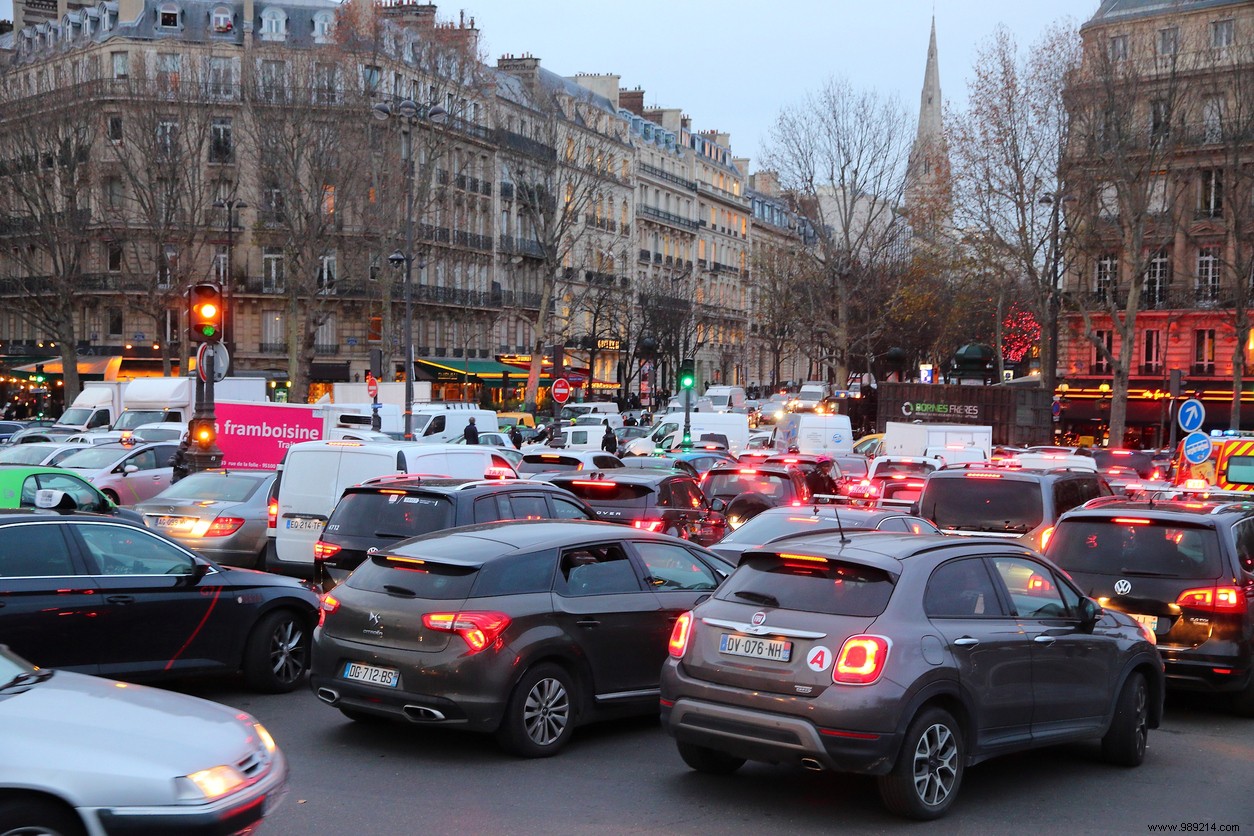Nearly one in three French people experience noise pollution in their daily lives. Every year, tens of billions of euros are spent by society, mainly on health. Indeed, noise has a significant impact on the body.
In 2020, researchers in Singapore developed an ingenious noise-canceling system to be fixed near a window. This generates a counter-noise canceling the noise coming from the street. While waiting for this kind of innovation to become widely available, noise is already very worrying in terms of health . As our cities are increasingly impacted by noise pollution, noise is set to become one of the next major public health crises in the world.
According to an article by France Info published on September 7, 2021, our country spends no less than 156 billion euros every year , mainly in terms of health. The Environment and Energy Management Agency (ADEME) reminds us that unfortunately, noise has consequences on our bodies as well as our brains.

France Info gave the example of Frédéric Derlon, living in an apartment in the 20th arrondissement of Paris. The interested party almost never opens the windows , as the noise pollution is important. It must be said that under its windows is a motorway entrance. Also note the nearby presence of the ring road and a railway. Some local residents are trying, through associations, to push the SNCF, among other things, to install noise barriers. The few appeals filed with the Council of Paris have not yet received a response.
Journalist and doctor Damien Mascret believes that city dwellers are unequal in the face of noise . On the one hand, there are people who are sensitive to it, about one in seven people. They experience significant difficulty concentrating, working but also when it comes to getting to sleep. For others, experiencing almost permanent noise pollution can be a source of stress and fatigue . However, there may be much more serious problems. Indeed, the risk of stroke increases, as does that of myocardial infarction, hypertension or even metabolic disorders.
Finally, you should know that in 2100, 84% of the 10.8 billion people the world will probably live in cities. However, noise pollution should develop more in these cities, but not only. City suburbs as well as rural spaces that previously could be considered havens will also be impacted.